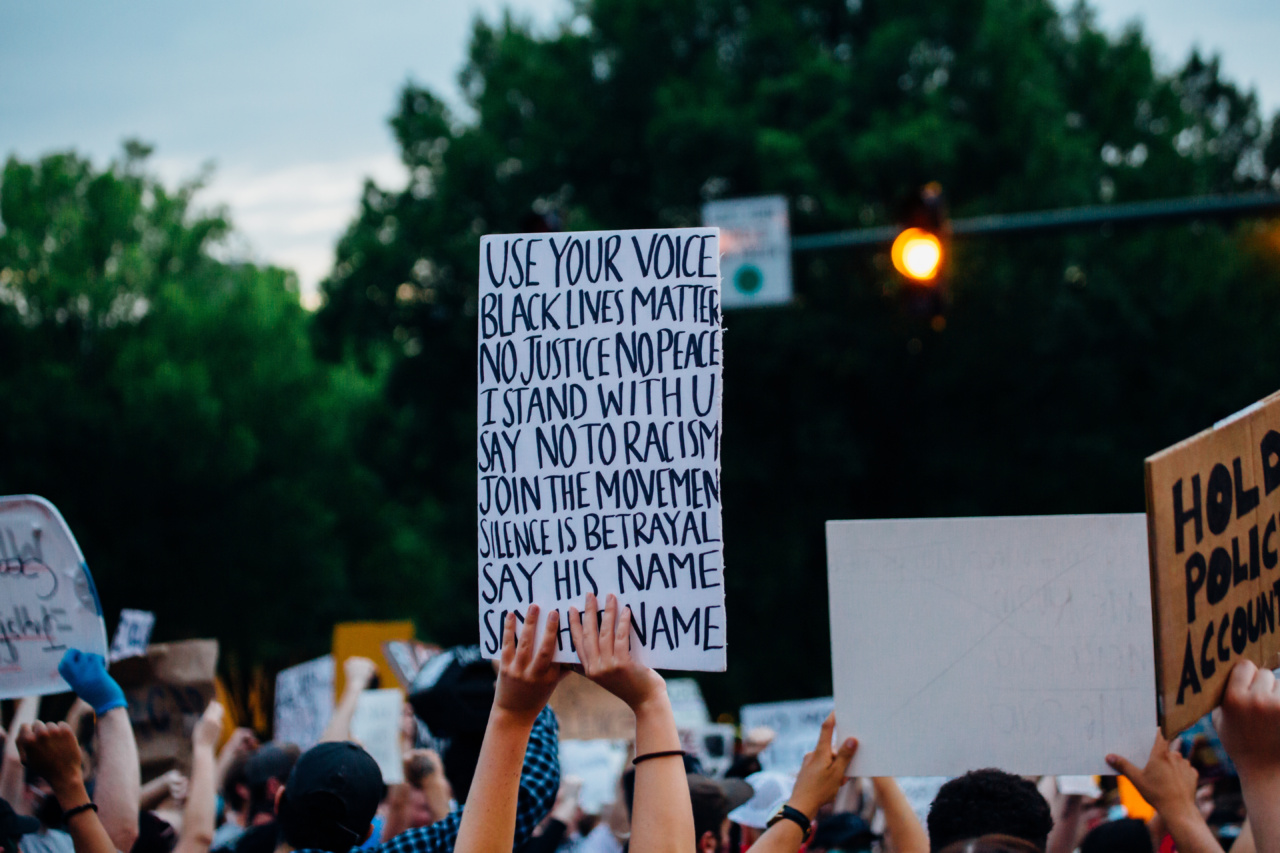Social rejection is an inevitable part of human life, and it can trigger a range of emotional and physiological reactions.
Our evolutionary response to perceived threats, known as the fight or flight response, kicks in when we encounter potentially harmful situations, including social exclusion. Understanding how our brain and body react to social rejection can provide valuable insights into our emotional well-being and interpersonal relationships.
What is the Fight or Flight Response?
The fight or flight response is a primal survival mechanism designed to prepare our bodies for dangerous situations.
When faced with a perceived threat, the body goes through a series of physiological changes, preparing us to either confront the danger or flee from it.
How Does the Fight or Flight Response Relate to Social Rejection?
While the fight or flight response is typically associated with physical threats, it can also be triggered by social rejection. From an evolutionary standpoint, being excluded from social groups or rejected by others signaled potential danger.
Our brain interprets social exclusion as a threat to our well-being, causing the fight or flight response to activate.
The Psychological Effects of Social Rejection
Social rejection can have significant psychological effects on individuals. When we experience rejection, our brain’s threat detection system, consisting of the amygdala and the anterior cingulate cortex, becomes highly active.
This activation leads to emotional distress, increased sensitivity to future rejection, and a decrease in self-esteem.
Emotional Reactions to Social Rejection
When faced with social rejection, individuals may experience a wide range of emotional reactions. These can include feelings of sadness, anger, humiliation, and even shame.
The intensity and duration of these emotions vary from person to person and depend on various factors such as previous experiences, resilience, and coping mechanisms.
The Impact of Social Rejection on Interpersonal Relationships
Social rejection can significantly impact one’s ability to form and maintain healthy interpersonal relationships.
Individuals who have experienced frequent or intense rejection may develop fear or avoidance of social interactions, leading to isolation and loneliness. Additionally, the fear of being rejected or judged may hinder their ability to trust others and engage in meaningful connections.
Coping Strategies for Dealing with Social Rejection
Dealing with social rejection can be challenging, but there are effective strategies that can help individuals cope with these experiences:.
1. Recognize and Validate Your Emotions
It is crucial to acknowledge and accept the emotions that arise from social rejection. Validating these feelings allows you to process them and eventually move forward.
2. Seek Support from Trusted Individuals
Reach out to supportive friends, family members, or professionals who can provide guidance and understanding during difficult times. Sharing your feelings can help alleviate the emotional burden.
3. Practice Self-Compassion
Be kind and compassionate towards yourself. Remind yourself that rejection is a part of life and does not define your worth. Engage in self-care activities that promote emotional well-being.
4. Challenge Negative Thoughts
Challenge negative thoughts and beliefs that arise from social rejection. Replace them with more realistic and positive perspectives. Recognize that rejection does not necessarily reflect your value as a person.
5. Engage in Healthy Distractions
Find activities that bring you joy and distract your mind from dwelling on the rejection. Engaging in hobbies, exercising, or spending time in nature can help improve your mood and overall well-being.
6. Explore New Interests and Opportunities
Use rejection as an opportunity to explore new interests, hobbies, or opportunities for personal growth. Embrace the chance to redefine your goals and focus on self-improvement.
7. Build a Supportive Network
Seek out groups or communities where you feel accepted and supported. Building relationships with like-minded individuals can aid in healing and provide a sense of belonging.
8. Practice Mindfulness and Stress Management Techniques
Engage in mindfulness practices, such as meditation or deep breathing exercises, to reduce stress and promote emotional resilience. Learning effective stress management techniques can help you navigate challenging situations.
9. Seek Professional Help if Needed
If feelings of rejection persist or significantly impact your well-being and daily functioning, consider seeking support from a mental health professional. They can provide guidance tailored to your specific needs.
10. Embrace Personal Growth
Remember that social rejection can be an opportunity for personal growth and self-reflection. Use these experiences to learn more about yourself, your values, and your own resilience. With time, you can emerge stronger and more resilient.





























